5G is the latest evolution in mobile networking, offering speeds up to 100 times faster than 4G. It relies on higher frequency bands, advanced antenna technologies, and a denser network of small cell towers to provide seamless connectivity. Unlike traditional networks, 5G is not just about smartphones—it connects billions of devices in real time, enabling what’s called the Internet of Things (IoT).
Some key features of 5G include:
-
Ultra-fast speeds for downloading and streaming.
-
Low latency (as low as 1 millisecond), which allows instant communication between devices.
-
Massive connectivity to support smart devices, sensors, and industrial machines.
-
Greater reliability even in crowded areas like stadiums or airports.
How Does 5G Impact Our Daily Lives?
5G is more than just better mobile internet. It is changing industries, businesses, and our personal lives in ways that were once impossible with 4G. Here are some of the most significant impacts:
1. Faster Internet and Entertainment
With 5G, streaming 4K or even 8K videos is smooth, online gaming becomes more immersive, and virtual reality (VR) and augmented reality (AR) experiences are more lifelike. This is reshaping entertainment, education, and even virtual workplaces.
2. Healthcare Transformation
5G enables remote surgeries, telemedicine, and real-time health monitoring. Doctors can now consult patients from anywhere, and wearable devices provide instant health data. This technology has the potential to save lives by speeding up emergency response times.
3. Smart Cities and IoT
Cities are becoming smarter with 5G-powered sensors that monitor traffic, pollution, and energy usage. Smart homes with connected devices, from refrigerators to security systems, are more efficient thanks to 5G’s reliability.
4. Autonomous Vehicles and Transportation
Self-driving cars require ultra-fast communication between vehicles, traffic signals, and infrastructure. 5G provides the low latency needed to make autonomous driving safer and more practical.
5. Business and Industry Growth
Manufacturing, logistics, and agriculture benefit from 5G through automation, robotics, and real-time data analysis. Businesses can improve efficiency, reduce costs, and innovate faster.
Challenges of 5G
While 5G offers enormous benefits, there are also challenges:
-
High infrastructure cost for deploying small cell towers.
-
Limited coverage in rural areas.
-
Security concerns with billions of connected devices.
Governments and telecom companies are working to overcome these challenges, making 5G more accessible worldwide.
Conclusion
5G is not just the next step in mobile internet—it is a revolutionary technology that impacts healthcare, transportation, business, and everyday life. As the network expands, we can expect even more innovations like smart factories, connected homes, and advanced digital experiences. The world is moving toward a future where everything is connected, and 5G is the backbone of this transformation.
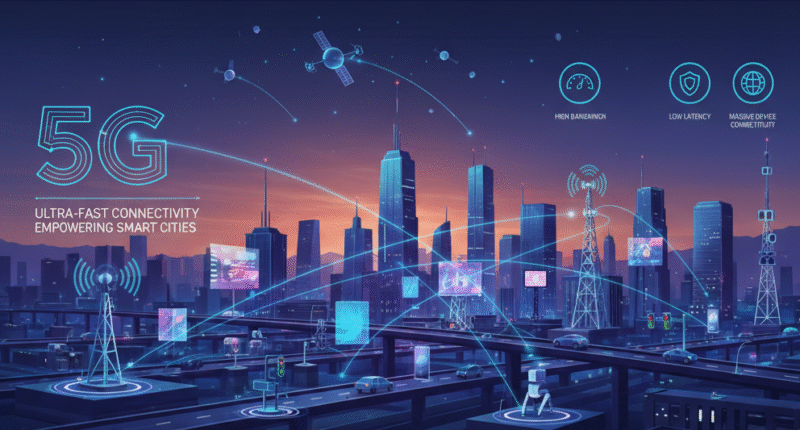

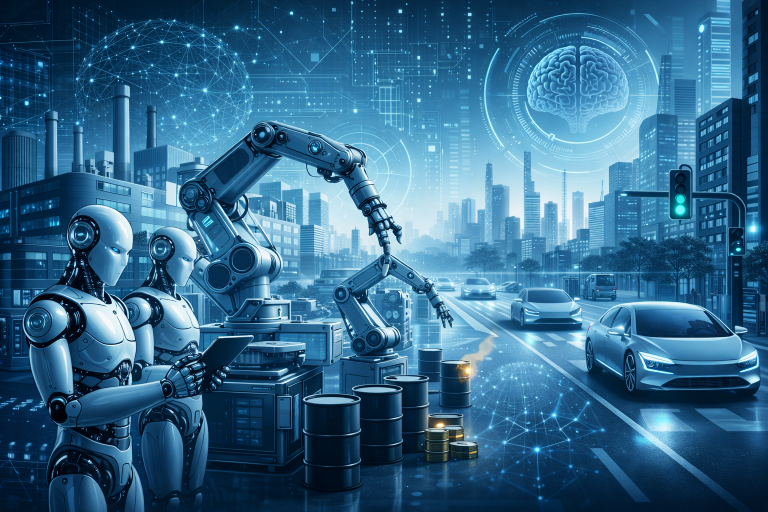

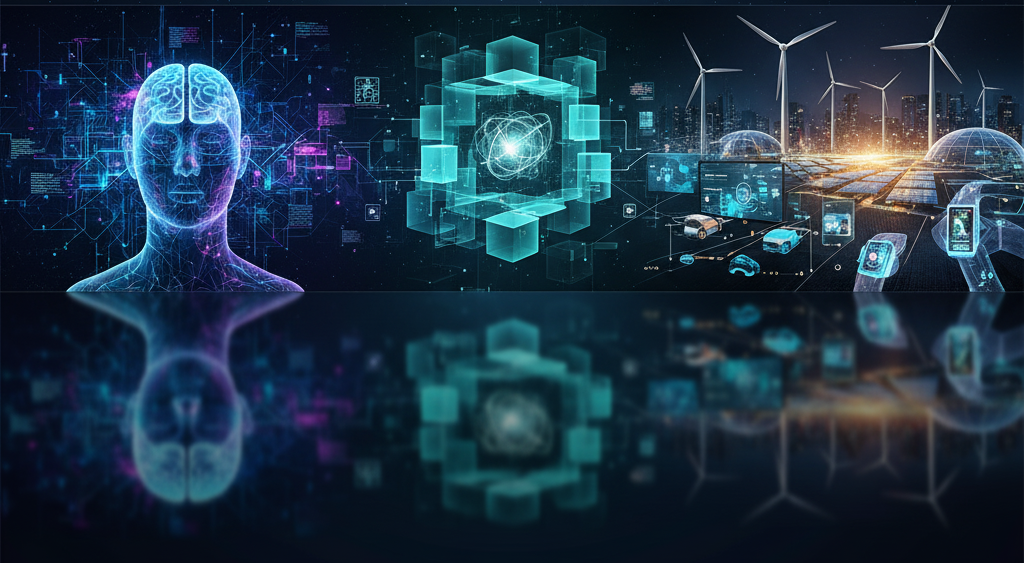
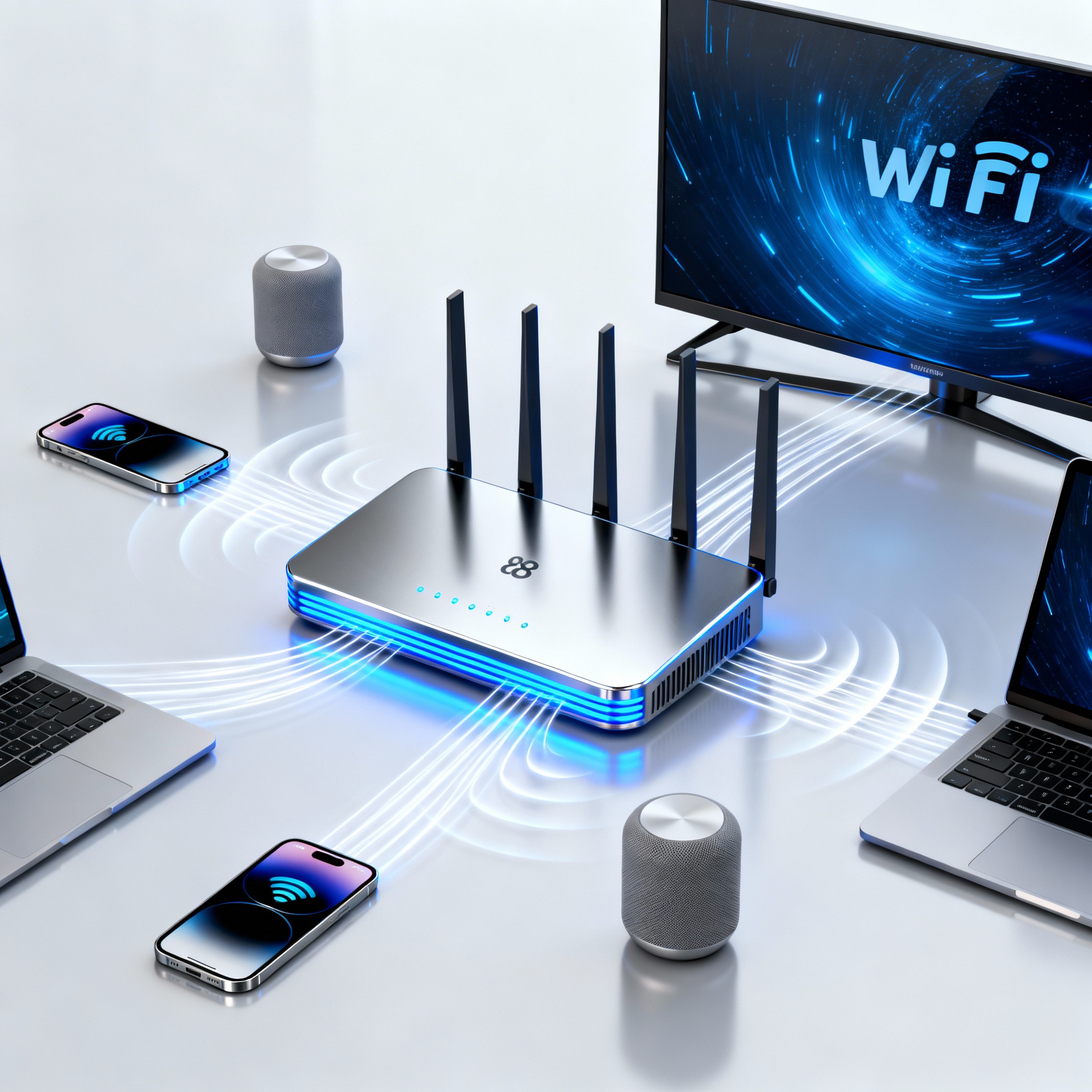
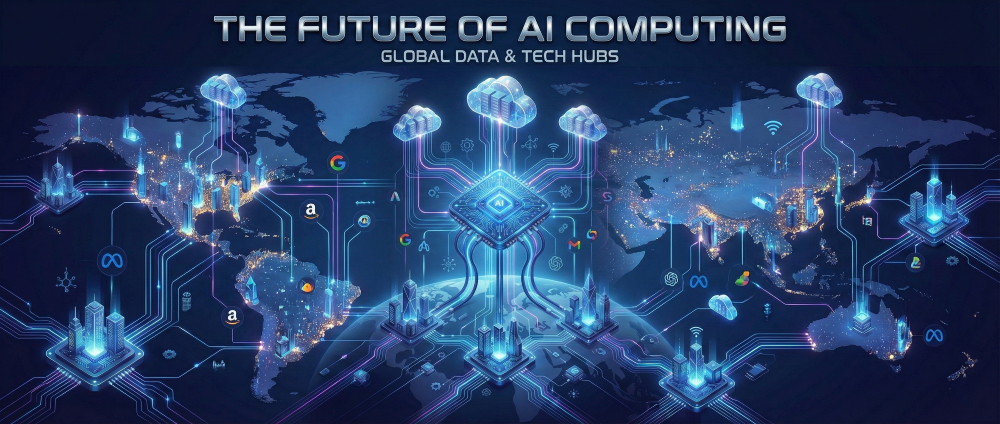





3 comments
Thanks for the information.
5G is great. But consideration of cost and benefits in own necessity should always be exercised in choosing for individual needs.
Thank You